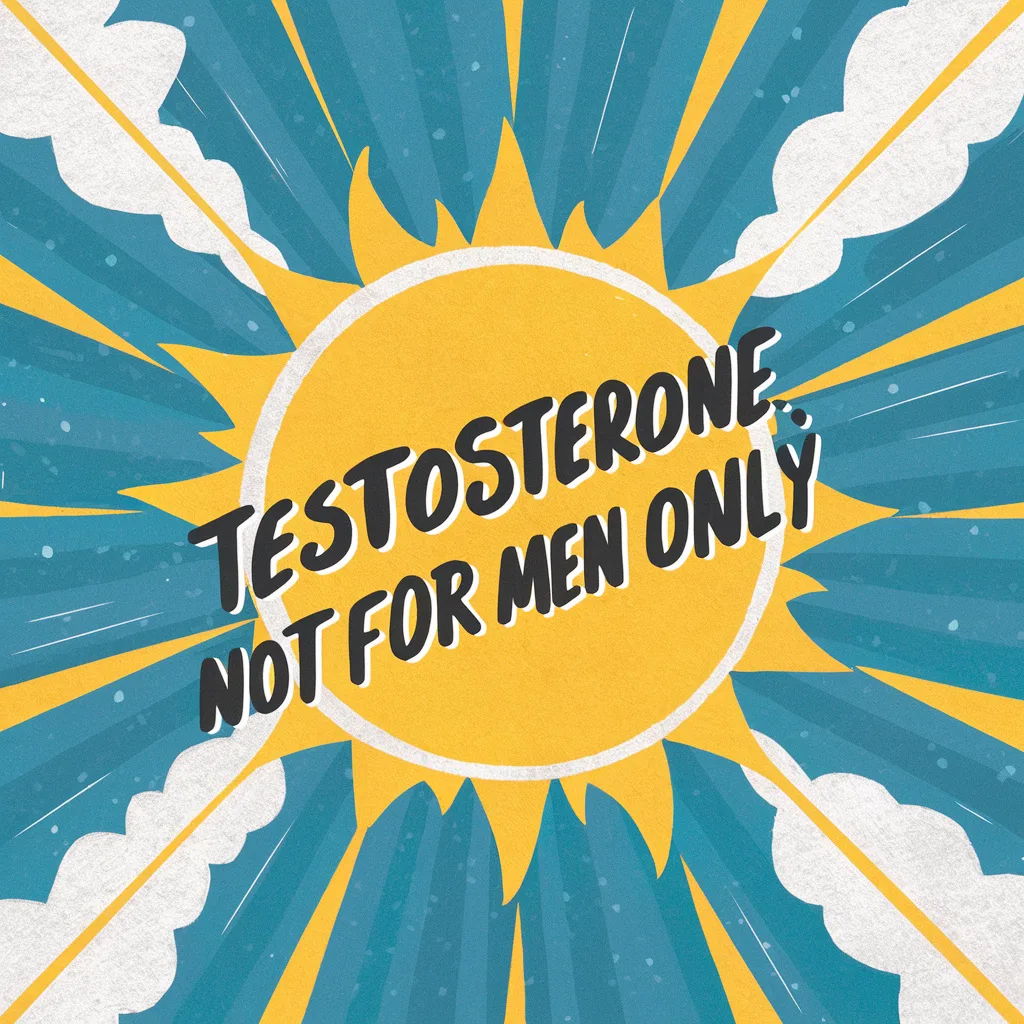
Testosterone- Not for Men Only also important for Women
Testosterone is a sex hormone. It is naturally produced in the body by men and women. As women reach perimenopause and menopause there can be a decrease in testosterone production. This hormone is essential for healthy aging and plays a vital role in women’s health as well as men’s.
To remain physically vibrant and active as we mature, we have to realize the importance or lean muscle and bone health. Testosterone as well as other hormones play a vital part in maintenance of muscle and gone.
Healthy testosterone also can help with supporting healthy sexual function and libido in women.
Understanding Testosterone in Women
Testosterone is an androgen, a type of hormone that plays a key role in growth and development in both men and women. Women produce testosterone in their ovaries and adrenal glands, though in much smaller amounts compared to men. Despite the lower levels, testosterone is crucial for women’s overall health, influencing libido, mood, energy levels, and physical strength.
Testosterone and Muscle Mass
- Muscle Maintenance and Growth: Testosterone is essential for muscle protein synthesis, the process by which the body repairs and builds muscle tissue. As women age and particularly after menopause, their testosterone levels naturally decline. This decline can lead to a decrease in muscle mass, a condition known as sarcopenia. Maintaining adequate testosterone levels can help preserve muscle mass and strength.
- Metabolism and Weight Management: Muscle tissue is metabolically active, meaning it burns more calories at rest compared to fat tissue. By helping to maintain muscle mass, testosterone indirectly supports a healthier metabolism and aids in weight management, which is often a challenge for postmenopausal women.
Testosterone and Bone Density
- Bone Remodeling: Testosterone plays a role in bone remodeling, the process by which old bone tissue is replaced by new bone tissue. This process is crucial for maintaining bone strength and density. After menopause, the decrease in estrogen levels significantly affects bone density, increasing the risk of osteoporosis. Testosterone, in conjunction with other hormones like estrogen, helps to maintain bone health.
Symptoms of Low Testosterone in Postmenopausal Women
Postmenopausal women with low testosterone levels may experience several symptoms, including:
- Decreased muscle mass and strength
- Increased body fat
- Fatigue and reduced energy levels
- Mood swings and depression
- Reduced libido
- Osteoporosis and increased risk of fractures
We offer Testosterone pellet therapy as well as creams and troches. It is important to get your levels checked during perimenopause and after menopause. Consider repletion of testosterone if there is no contraindications
Learn More